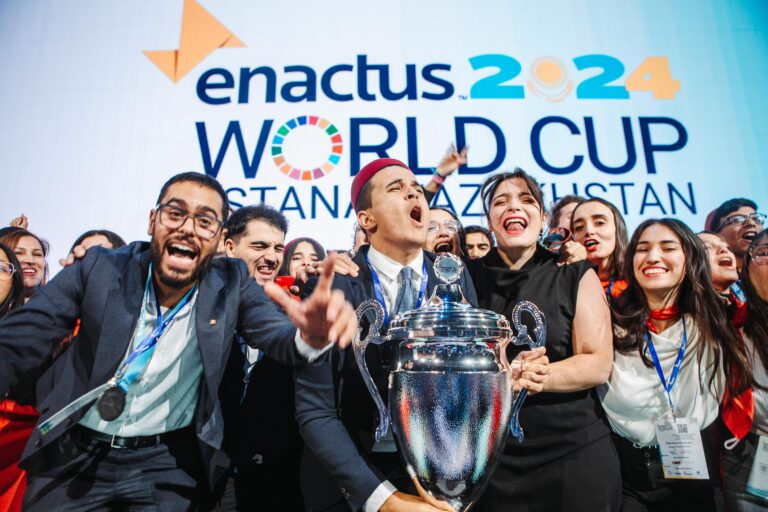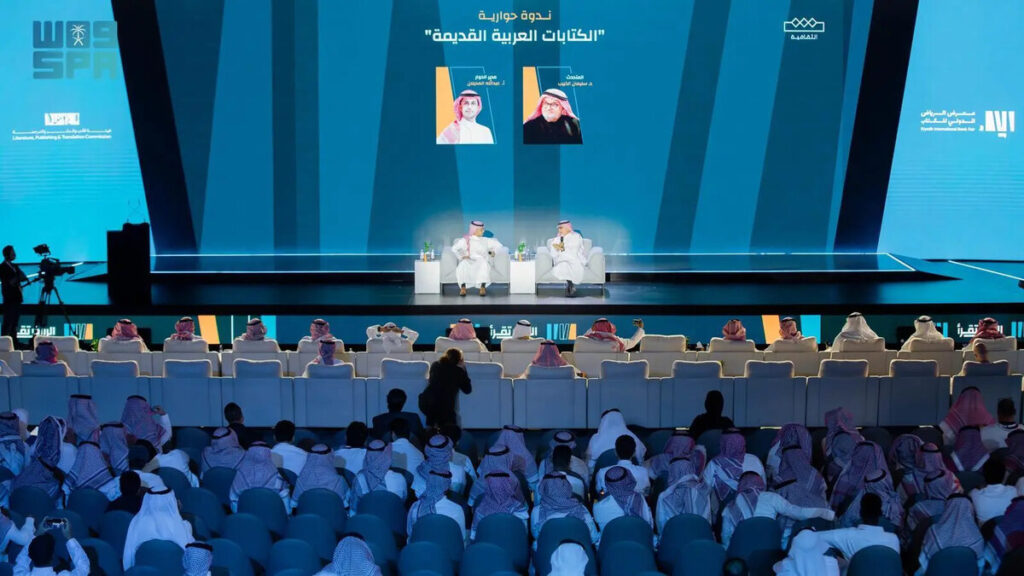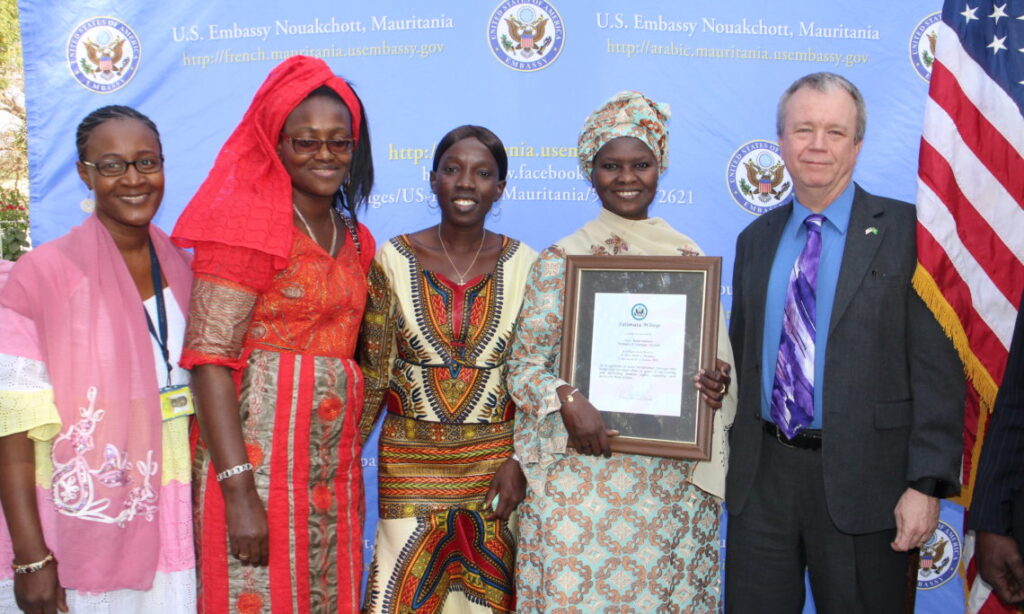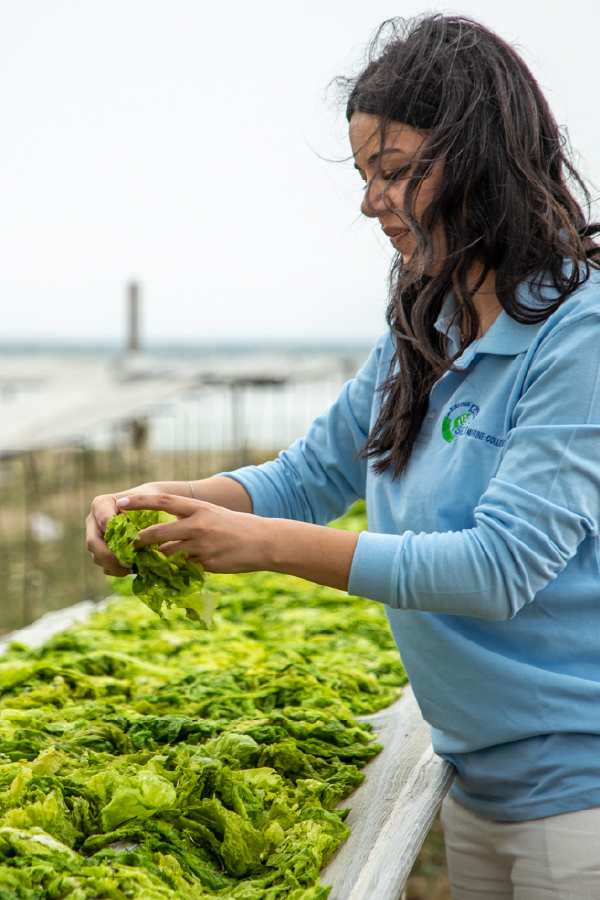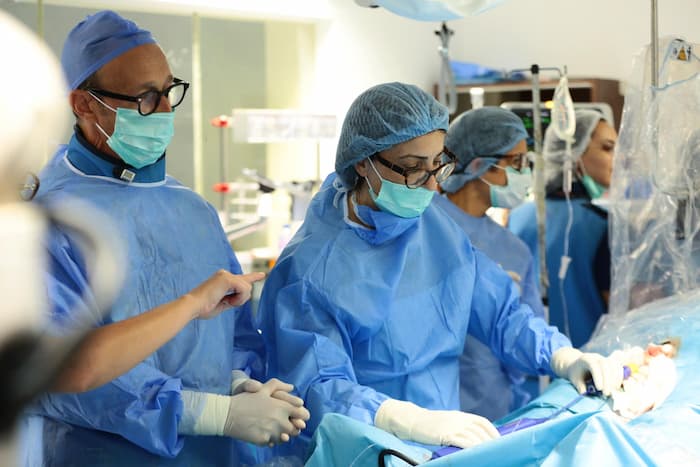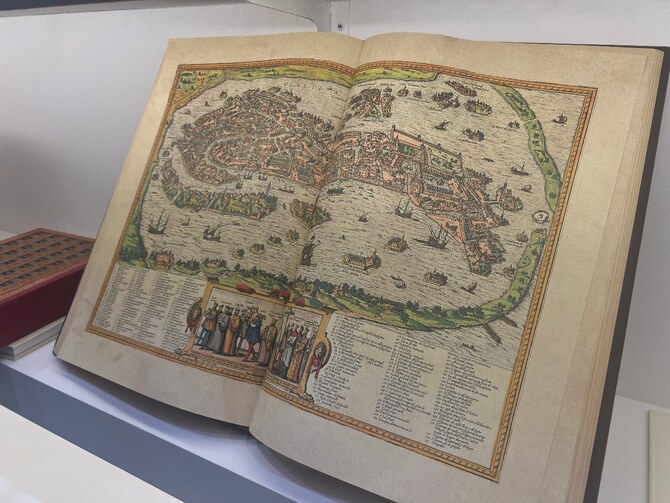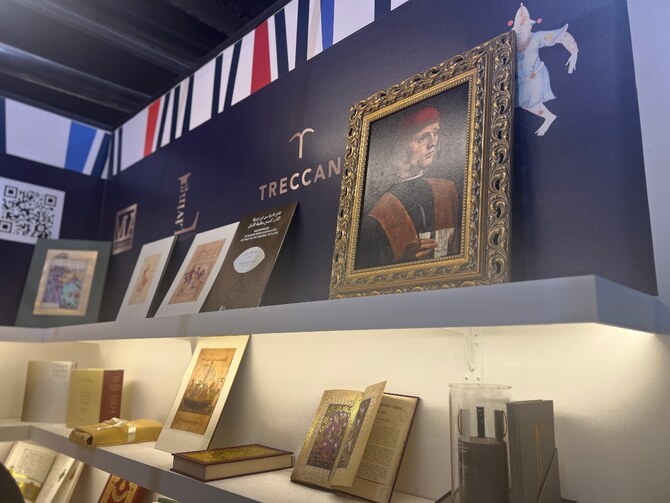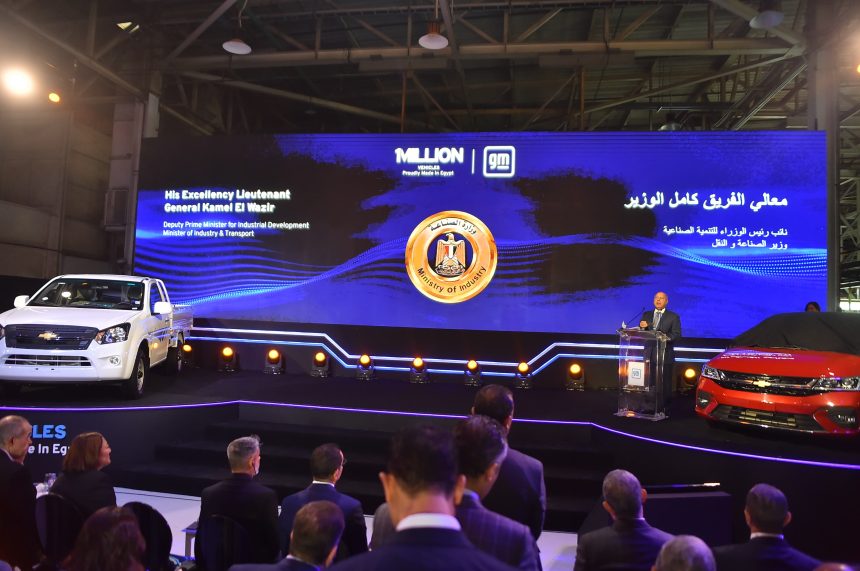Egypt bids farewell to the guard of Semsemya, Zakaria Ibrahim.
For the past 44 years, Zakaria Ibrahim or “El-Rayes” (meaning the chief) had played and safeguarded the heritage music of his hometown Port Said through the Port Said Folk Heritage Troupe, which he established in 1980.
In an interview with Ahram Online, Ibrahim previously said that his initial approach relied on the sounds of the Semsemya musical instrument. Five years later, he reintroduced the ancient Tanboura instrument, a larger predecessor and origin of the Semsemya, dating back to ancient Egyptians. Consequently, he rebranded his ensemble as Al-Tanboura.
“We the Bamboteya, no one is like us, merchant boatmen in the canal” the troupe sang about the Semsemya’s affiliation with the history of trade on the Port Said marina. Small boats, called ManBoats, moored offshore, and sold goods to passing vessels, using sign language in trading. This language is the foundation of the heritage dance affiliated with Semsemya.
To safeguard and revive heritage music, beyond Semsemya, Ibrahim co-founded the Mastaba Centre for Egyptian Folk Music in 2000. Documenting and archiving traditional Egyptian songs, music, and musical instruments, as well as the voices and history of Egyptian music were among the centre’s main goals.
He also established El-Damma theatre in Abdeen district, Cairo, where heritage troupes played for years on a weekly basis. El Damma means coming closer, and it was a social ritual in Port Said where people would come together and sing their heritage songs and play the Semsemya.
May El-Rayes rest in peace.
source/content: english.ahram.org.eg (headline edited)
______________
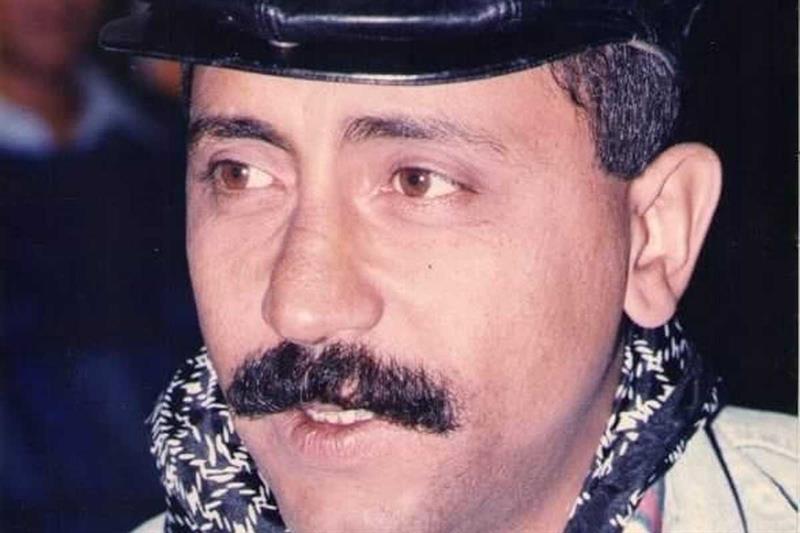
Rayes Zakaria founder of Al Tanboura troupe for heritage songs passed away
_________
EGYPT
